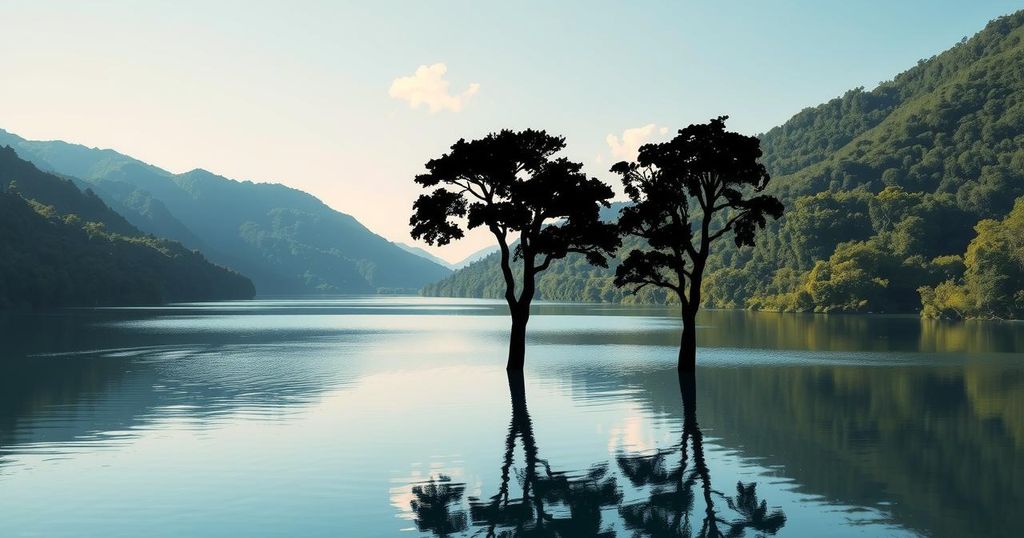The DRC crisis involves the M23 rebellion in the east, attracting military and diplomatic attention from neighboring countries, including Rwanda, Burundi, Uganda, and South Africa. Congolese President Félix Tshisekedi seeks to reclaim territories from M23, blaming Rwanda for its support. Rwanda’s Kagame defends actions as necessary for national security, while Burundi and Uganda balance their own interests amid rising tensions and calls for regional cooperation to address the conflict.
The ongoing crisis in the Democratic Republic of Congo (DRC) is characterized by the M23 rebels’ takeover of significant territories in the mineral-rich eastern region, leading to a humanitarian and diplomatic emergency that has drawn in neighboring nations. As external military presence increases, regional groups are convening to address this escalation. Key players in this crisis include DRC President Félix Tshisekedi, who seeks to reclaim lost territories and counter support for the M23 rebels; Rwandan President Paul Kagame, who defends Rwanda’s narrative of protecting its borders against threats from armed groups; and Burundi, whose president warns of the potential dangers of Rwandan expansion. Uganda balances its military engagement with the DRC government while reportedly providing ambiguous support to the M23. South Africa has deployed troops in support of Congolese interests but faces tensions in its diplomatic relations with Rwanda.
Beyond local ambitions, strategic interests in mineral wealth continue to be a focal point of contention. Tshisekedi identifies Rwanda as a primary aggressor aiming for territorial expansion and economic gain through the continued conflict. Meanwhile, Kagame’s administration claims to counter threats from groups with roots in past Rwandan conflicts, particularly those associated with the Hutu extremist factions. As regional tensions mount, Burundi’s militarized stance against potential incursions from Rwanda highlights intra-regional rivalries and concerns for national sovereignty. Uganda’s complex dual approach presents a dilemma as it simultaneously collaborates with the Congolese government and engages selectively with M23, asserting its economic interests despite accusations of imperialistic tendencies in past interventions.
Additionally, South Africa’s role as a peacekeeping force has seen casualties, straining its relations with Rwanda due to differing narratives on military accountability. This divide emphasizes the broader schism between East African and Southern African regional blocs regarding intervention strategies and diplomatic resolutions. External actors must navigate these relationships cautiously to avoid exacerbating the conflict while promoting stability in the region, reinforcing calls for direct negotiations between DRC and M23 to bring about a sustainable solution.
The crisis in the DRC has roots in historical tensions and geopolitical dynamics among regional neighbors, specifically Rwanda, Uganda, and Burundi. Each nation possesses vested interests in the mineral-rich eastern region, which has been subject to various military interventions over the decades. The M23, a rebel group, has resurfaced, claiming to protect the Tutsi community against threats from the DRC government, which heightens fears of escalated conflict reminiscent of the late 1990s wars. The involvement of multiple states complicates the situation as diplomatic efforts aim to stabilize the region and address underlying grievances while seeking to secure economic opportunities.
In summary, the crisis in the DRC underscores a complex interplay of national interests, regional rivalries, and historical grievances. The involvement of multiple countries, each with differing objectives, exacerbates the humanitarian crisis and complicates diplomatic resolutions. While military presence continues to grow, the necessity for direct dialogue remains crucial to achieving peace and stability in the DRC and its neighboring states.
Original Source: www.bbc.com




